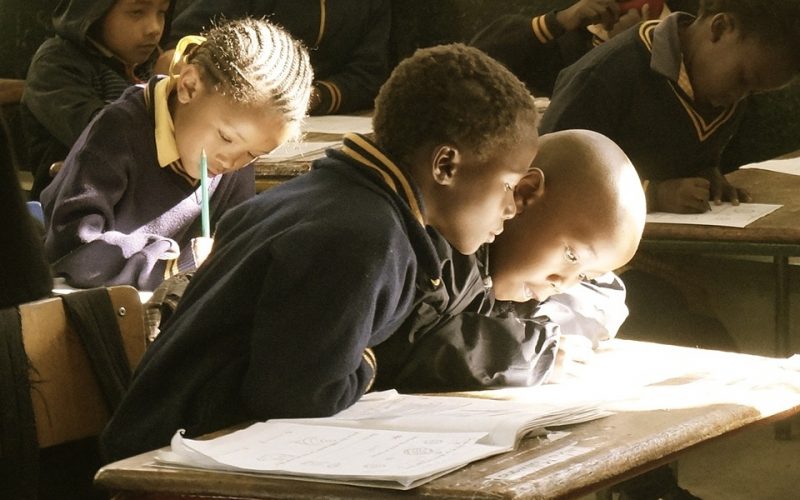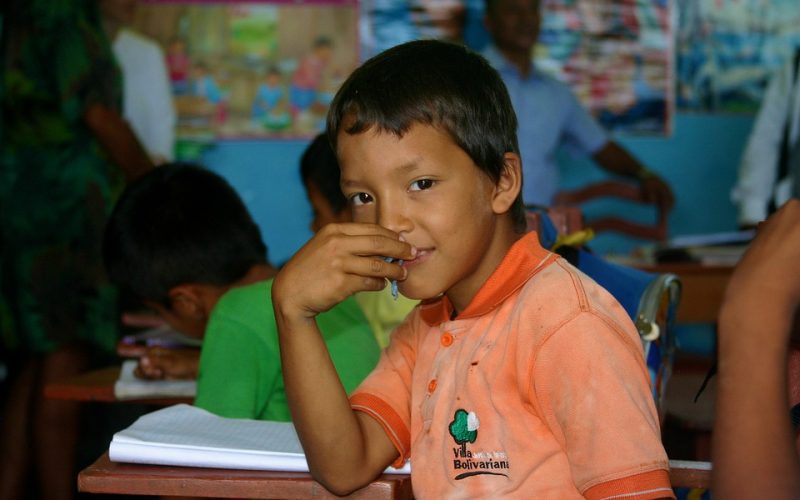Asia Outperforming The West
When examining global educational performance, one question often arises: why do children educated in parts of Asia frequently outperform their peers in the West?
High expectations and strong parental involvement
In many Asian countries, high academic expectations are ingrained in the culture. Parents often place significant importance on education, viewing it as the primary path to success and social mobility. This cultural attitude is not only limited to the home; it permeates the entire society, creating an environment where academic achievement is highly valued.
Parents in Asian countries are typically more involved in their children's education than their Western counterparts. They frequently monitor homework, communicate with teachers, and ensure that their children attend additional tutoring sessions. This level of involvement can provide students with the support and encouragement they need to excel academically.
Rigorous and disciplined educational systems
Asian educational systems are often characterised by their rigorous and disciplined nature. Schools in countries such as South Korea, Japan, and China often have longer school days, and students are accustomed to spending several hours each evening on homework and additional study. This extended time devoted to learning allows for a deeper understanding of the material and helps students retain information more effectively.
Discipline is also a fundamental aspect of the educational experience in Asia. Students are expected to adhere to strict behavioural standards, which fosters a focused and orderly learning environment. In contrast, Western educational systems tend to place a greater emphasis on creativity and individual expression, which can sometimes result in a less structured classroom setting.
Focus on foundational subjects
Another factor contributing to the academic success of students in parts of Asia is the strong emphasis on foundational subjects such as mathematics, science, and language. These subjects are considered essential building blocks for future academic and professional success. Consequently, Asian curricula often allocate more time and resources to these areas compared to their Western counterparts.
Western education systems, on the other hand, often adopt a more holistic approach, incorporating a broader range of subjects such as arts, physical education, and humanities. While this can lead to a well-rounded education, it may also dilute the focus on core academic subjects, resulting in lower performance in these areas.
Pedagogical methods and teaching styles
The pedagogical methods and teaching styles employed in Asian countries also play a significant role in their students’ academic achievements. Teachers in Asian schools are often highly respected and hold a prestigious position in society. This respect translates into a high level of authority in the classroom, allowing them to maintain discipline and focus.
Asian teaching methods tend to be more traditional, with a focus on rote learning and memorisation. While this approach has been criticised for stifling creativity, it does ensure that students have a solid grasp of fundamental concepts. In contrast, Western teaching methods often emphasise critical thinking and problem-solving skills, which, although valuable, may not always translate into higher test scores.
Extracurricular academic activities
Extracurricular academic activities, such as after-school tutoring and weekend classes, are commonplace in many Asian countries. These additional learning opportunities are often seen as essential for students to stay competitive and achieve academic excellence. The prevalence of "cram schools" in countries like South Korea and Japan further highlights the importance placed on supplementary education.
In the West, extracurricular activities tend to focus more on sports, arts, and social clubs. While these activities contribute to the overall development of a well-rounded individual, they may not provide the same level of academic reinforcement found in Asian educational systems.
The role of societal pressure
Societal pressure also plays a significant role in driving academic achievement in parts of Asia. The competitive nature of the educational landscape means that students often feel immense pressure to perform well from a young age. Entrance exams for prestigious schools and universities are highly competitive, and students are aware that their academic performance can have long-lasting implications for their future.
While this pressure can motivate students to excel, it can also lead to high levels of stress and anxiety. In contrast, Western educational systems often prioritise mental health and well-being, potentially at the expense of academic rigour.
Balancing academic achievement and well-being
While it is clear that there are several factors contributing to the superior academic performance of students in parts of Asia, it is essential to consider the potential downsides of such an intense focus on education. The high levels of stress and pressure experienced by students can have significant implications for their mental health and overall well-being.
Western educational systems could benefit from adopting some of the successful strategies used in Asia, such as increased parental involvement and a stronger emphasis on foundational subjects. However, it is crucial to strike a balance that maintains a focus on academic achievement while also prioritising the mental and emotional well-being of students.
The academic success of children educated in parts of Asia can be attributed to a combination of cultural attitudes, rigorous educational systems, and effective teaching methods. While Western education systems have much to learn from these practices, it is equally important to ensure that students' well-being remains at the forefront of any educational reforms.





